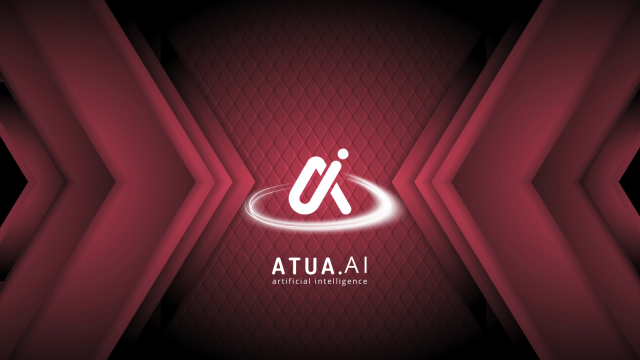Enhanced tuning systems boost reliability, responsiveness, and interoperability across decentralized blockchain networks.
(Isstories Editorial):- Singapore, Singapore Sep 21, 2025 (Issuewire.com) – Atua AI (TUA), the decentralized AI-powered productivity and automation platform, has announced upgrades to its execution tuning systems designed to deliver reliable multichain coordination. These improvements enable enterprises to synchronize workflows across blockchain ecosystems with greater efficiency and stability.
More on Isstories:
- When Time Watches Back: The Keeper of Time by Mark D. Trevor Explores Love, History, and the Cost of Crossing Centuries
- Jardim da Paz clarifies the difference between Funeral Plans and Cemetery Plots and reinforces pricing in Curitiba
- Not My Bachelor Blends Romance, Family Secrets, and Emotional Reckoning
- Marty Cosby unveils The Survival Code — a gripping novel of corruption, courage, and the unbreakable human spirit
- Seda Stepanyan of Tooyn Homes Named to JohnHart Real Estate’s Top 25 Agents of Q4 2025
The execution tuning systems act as adaptive optimization layers, continuously analyzing performance conditions to dynamically adjust execution flows. This ensures smoother operation of AI modules–including Chat, Writer, and Coder–across major blockchains such as Ethereum, BNB Chain, and XRP Ledger. By reducing latency and improving interoperability, enterprises can maintain consistent results in mission-critical processes.
These advancements are designed to support a wide range of decentralized applications, from financial automation and compliance monitoring to governance and enterprise resource management. By strengthening protocol-level performance, Atua AI provides organizations with the infrastructure needed to deploy scalable, resilient AI-driven automation across multichain environments.
About Atua AI
Atua AI offers AI-powered productivity and creativity tools in the Web3 space. Its features include Chat, Writer, Coder, Imagine, Transcriber, Voiceover, Voice Isolator, and Classifier.
This article was originally published by IssueWire. Read the original article here.




















